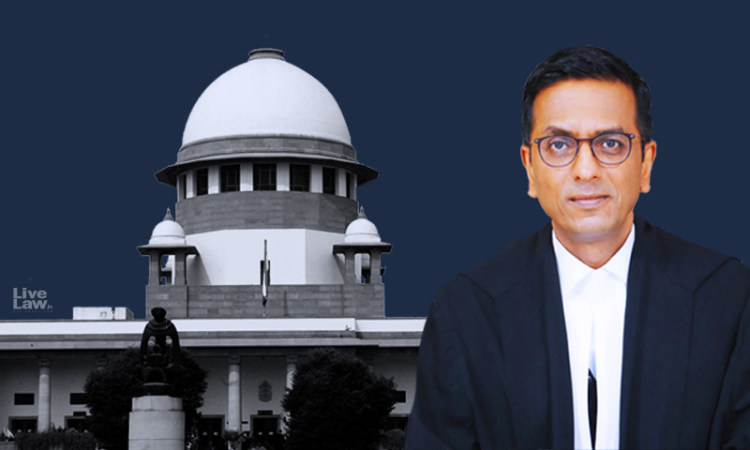Justice DY Chandrachud Recuses From Hearing A Case On The Ground That Advocate Happened To Be A Relative
Mehal Jain
15 Dec 2020 10:34 AM IST

Next Story
15 Dec 2020 10:34 AM IST
Justice D. Y. Chandrachud on Friday recused from a matter on the ground that the advocate appearing happened to be a relative.An appeal under section 130 E of Customs Act, 1962 had come up on the docket before a bench of Justices D. Y. Chandrachud and M. R. Shah."You should not take up briefs which are before me. Let it go to some other bench", said Justice Chandrachud.It may noted that...
